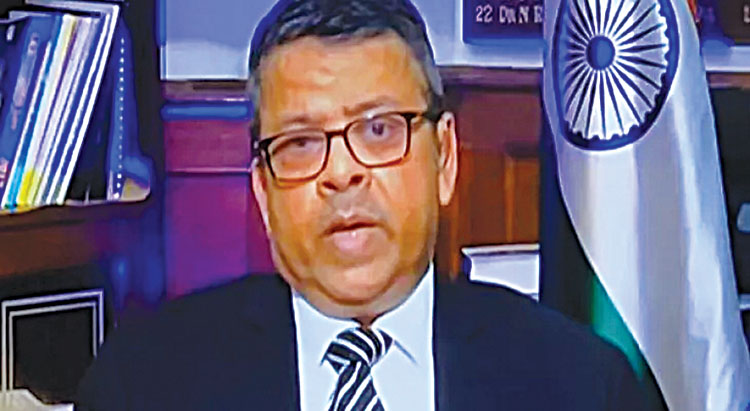New Delhi, Feb 2 (FN Agency) The focus of the Budget has been to provide maximum relief to the taxpayers by making significant changes in the income tax processes, Central Board of Direct Taxes (CBDT) Chairman JB Mohapatra said here on Wednesday. Addressing a post-Budget virtual session organised by industry body Ficci, Mohapatra emphasised that the endeavour of the government is to eliminate irritants in the processes to curb inefficiencies, ensure hassle free and ease interaction between the taxpayers and tax department. He further stated that the provisions relating to litigation management to avoid repetitive appeals, clarification on various interpretation issues to plug long prone litigation between taxpayers and the tax department, new provisions inserted to ease faceless assessment process based on last year experience are some of the key changes announced in the Finance Bill, 2022.
While keeping the income tax rates unchanged both for corporates and individuals, Finance Minister Nirmala Sitharaman while presenting the Budget on Tuesday proposed a new provision permitting taxpayers to file an Updated Return on payment of additional tax. This updated return can be filed within two years from the end of the relevant assessment year. The Minister also proposed to reduce alternate minimum tax rate and surcharge for cooperative societies.
The Budget also proposed to extend tax incentive for start-ups by one year and extension of the availing concessional tax for new entities by one year up to 31 March 2023. “Eligible start-ups established before 31.3.2022 had been provided a tax incentive for three consecutive years out of ten years from incorporation. In view of the Covid pandemic, I propose to extend the period of incorporation of the eligible start-up by one more year, that is, up to 31.03.2023 for providing such tax incentive,” Sitharaman said. Among other tax proposals in the Budget, gains from transfer of digital assets (cryptos) would be taxed at 30 per cent.

